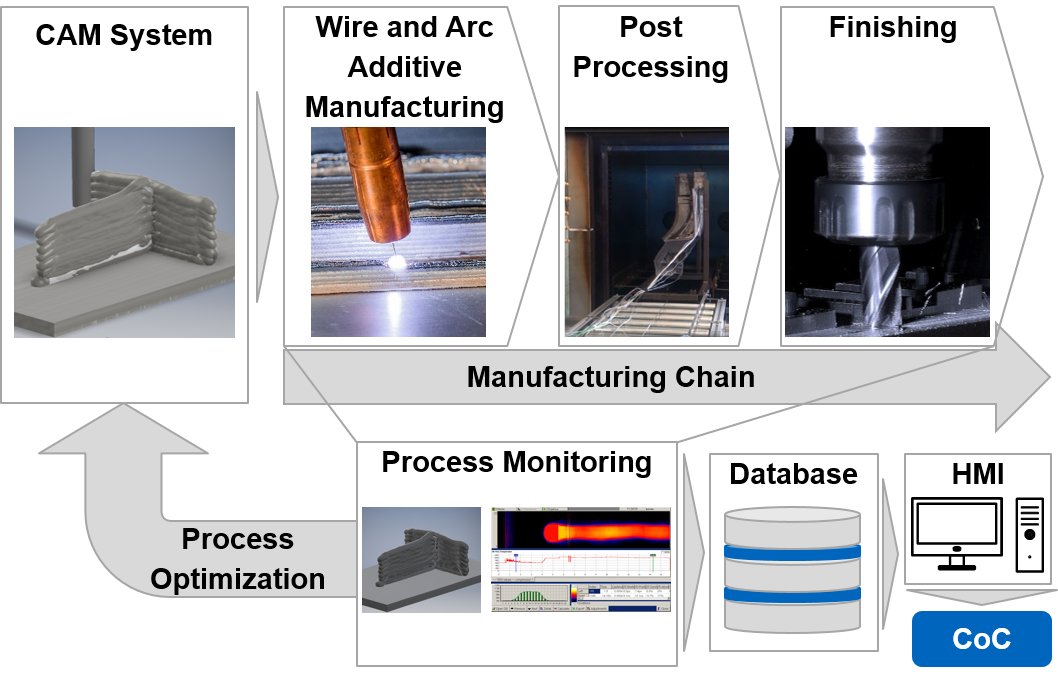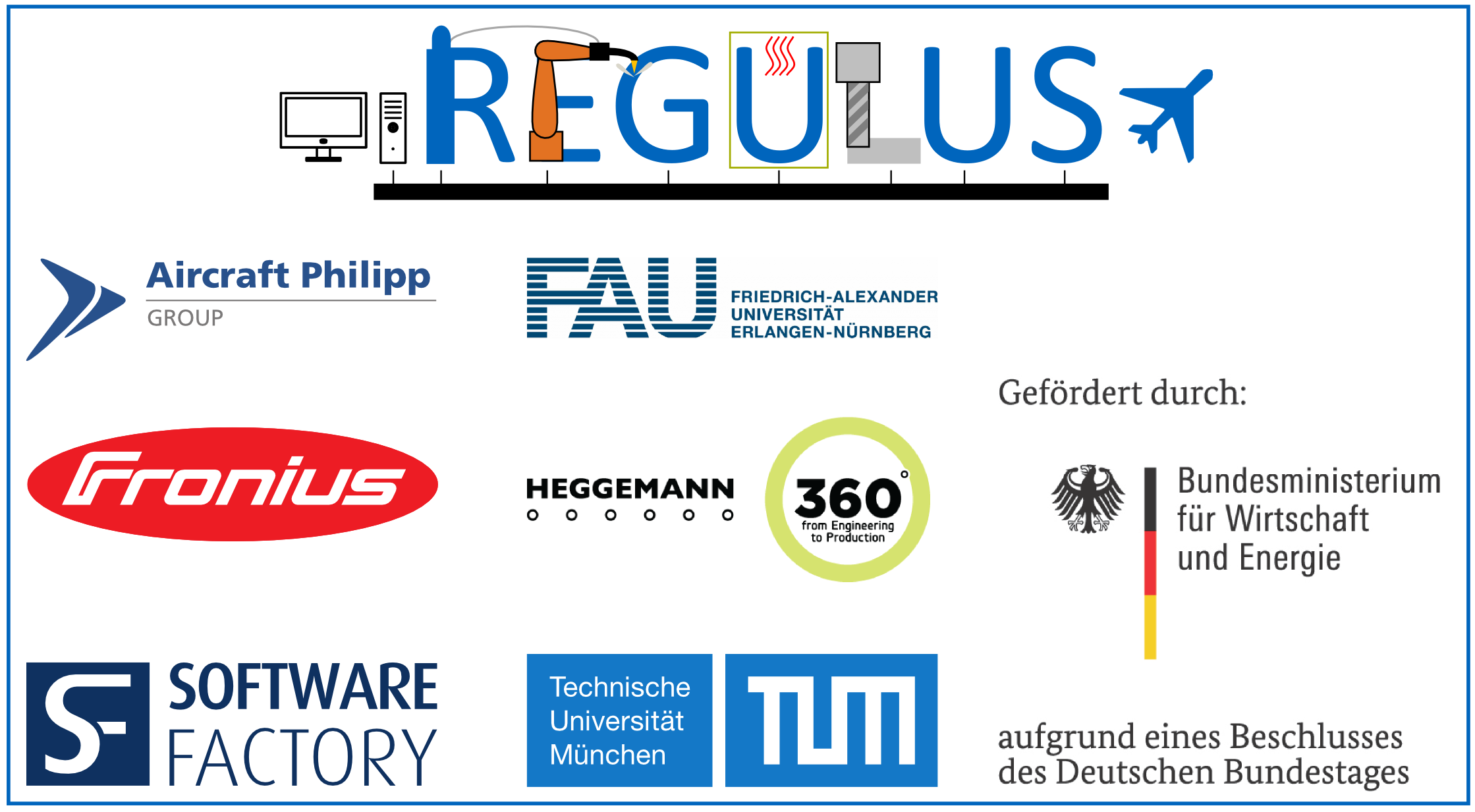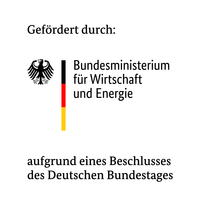REGULUS – Resource-efficient production of large-volume aerospace structural components
As a key sector, the German aviation industry must use innovative manufacturing processes to ensure its competitiveness in the long term. In the joint project REGULUS of the fifth aviation research programme (LuFo V-3), the iwb and five project partners are developing a process chain consisting of additive and metal-cutting manufacturing processes for the resource-efficient production of large-volume aerospace structural components made of titanium alloys.
Motivation
Currently, the increasing use of materials that are difficult to machine in the aerospace industry (e. g. high-strength titanium alloys with an industry growth rate of 15% p. a.) represents a particular challenge in the manufacture of large-volume structural components. The previous production of the components by machining from solid material leads to an immense waste of material with a degree of machining of more than 85 %. In addition, there are high tool costs due to the heavy wear and tear associated with the machining of high-strength materials. This leads to very high manufacturing costs.
Objective
The research project REGULUS aims to develop and implement a process chain for the resource-saving production of large structures made of titanium materials. The central element of the solution approach is the arc-based additive production of raw contours in order to reduce the degree of machining. This is intended to reduce the current use of materials by 90 %.
Approach
In the project, a cross-location and inter-company production chain is being set up for two small and medium-sized enterprises (SME). The process chain consists of the additive production of near-net-shape blanks, a suitable post-treatment process and machining to the final contour. Digital networking of the process chain is necessary to ensure a seamless transition between the individual production steps. In addition, continuous inline process monitoring with revision-proof component traceability must be implemented in order to ensure compliance with the aeronautical component quality.
The development of a specially adapted system for computer-aided manufacturing (CAM) is intended to increase efficiency in the planning and execution of workpiece production. Furthermore, an interface between the CAM system and process monitoring offers the possibility of process optimization using approaches from the field of machine learning.



